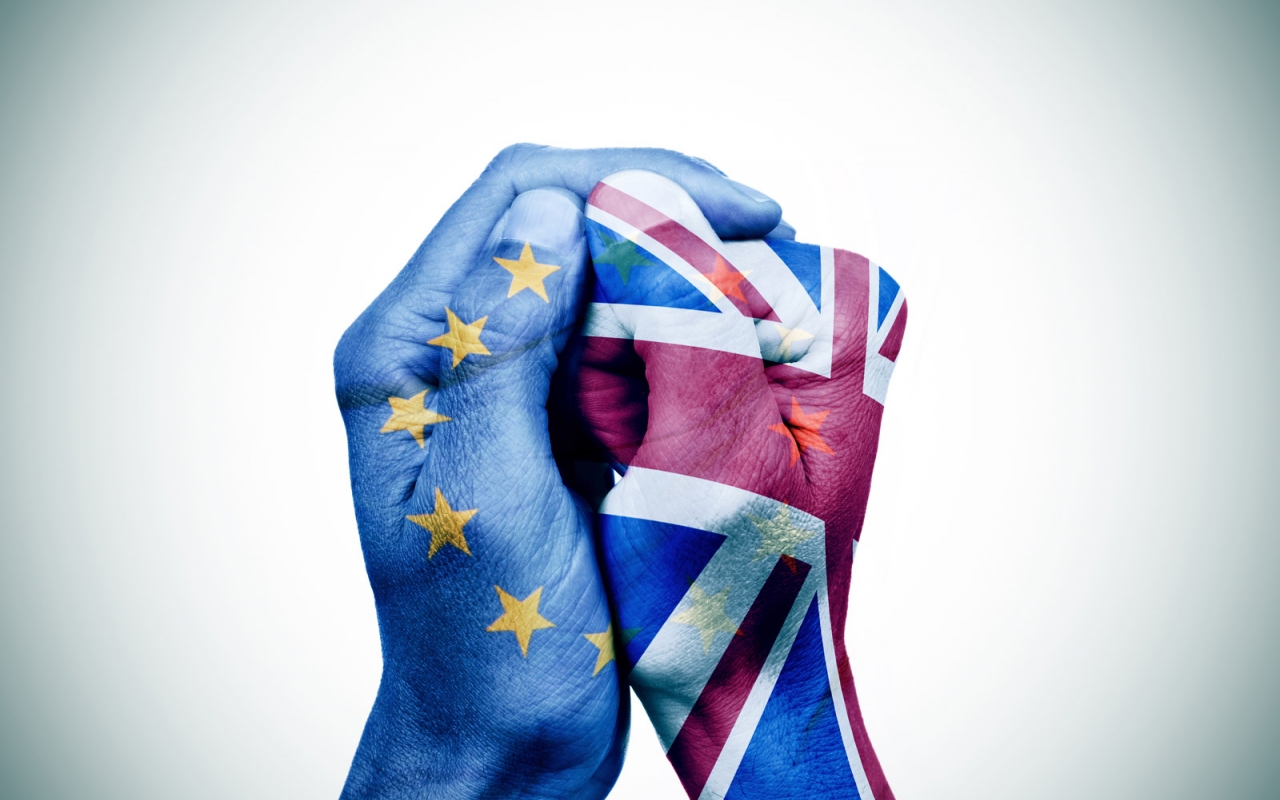It pioneered the industrial age with ground breaking scientific and technological innovations and inventions. It spawned great countries like the United States of America, Canada, Australia and New Zealand. At the height of its power and glory, one quarter of the world including Nigeria was under its colonial rule and domination.
But on Thursday as the British people go to the polls, two interrelated issues loom ominously large; a chaotic and undignified exit from the European Union to which Britain had belonged since 1973, and more significantly to Britain and the world, a possible disintegration in the not distant future of the realm that has been in existence since the act of union in 1707 which brought together the parliaments and kingdoms of England and Scotland to form the United Kingdom of Great Britain as we know it today.
That these elections are the third in four years brings home the grim reality of the state of angst in Britain. And it is unmistakeable that whoever wins, between the mop haired, gaffe prone Prime Minister Boris Johnson of the Conservative party and the mournful and dour looking leader of the opposition Labour Party Jeremy Corbyn, the issues will not go away.
The issue is Brexit, short technical term for the vote by a majority of Britons in a referendum back in 2016 to leave the European Union. With the benefit of hindsight looking at the state of near civil war in the main British political parties, the uncertainties in the British economy (the clearest indication of which is the continuing fall in the value of the British currency the pound amid arrangements by foreign businesses to move out of Britain), and the sharp regional and social divisions in Britain, it seemed now not such a good idea that Britain voted to leave the European Union in a referendum in 2016.
Advertisement
When in 2016 as Prime Minister the fantastically flippant David Cameron (now safely installed in the south of France away from the chaos he caused back home in Britain probably writing his memoirs) decided to give in to the demands of Conservative party rebels Boris Johnson and Michael Gove to call for a referendum on continued British membership of the EU, he thought it would be easy to see them off. But the result 52 to 48 in favour of leaving the EU stunned the British political establishment resulting in Britain hurtling from one political crisis to another with no end sight. Since then, Brexit has turned out to be a 500 pound gorilla and an albatross around the neck of the British people depending on which metaphor one chooses.
Cameron was succeeded by Interior Secretary Theresa May (she voted for Britain to remain in the EU) who tried unsuccessfully to bring home a palatable Brexit deal to the British people resulting in a vote of no confidence on her and being replaced by Boris Johnson the current Prime Minister.
Boris Johnson as the owner of Brexit thought he could bring it in through a storm of bluster by brow beating the EU into a take-it-or-leave it ultimatum on October 31 this year. But both the British people through their parliament and the EU were not amused, forcing him to back down and negotiate. The result was a deal which was not markedly different from the one that Theresa May negotiated. Yet again the parliament thought differently and now general elections are set for Thursday December 12, 2019 in a few days’ time.
Although the EU has given Britain a further one year to December 2020 sort itself out, the signs are clear that the coming months will be marked by sharpening discontent as the reality of Brexit kicks in. Of all the many areas of discontent that is likely to grip Britain, the most ominous have to be Scottish question, the Irish backstop and possibly the Welsh question. Before Brexit, of the home nations making up the United Kingdom, feelings in Scotland for a breakaway from the realm have always been high. A referendum conducted before Brexit on the issue returned a narrow victory for those who opted to remain in the United Kingdom. But in the Brexit vote Scotland voted in favour of Britain remaining in the EU. Now with Brexit looming, Scotland is calling for a second referendum in which it is widely expected that the Scots will vote to leave the UK.
Advertisement
The northern Irish, who voted in the Brexit referendum for Britain to remain, feel hard done by the withdrawal document signed by PM Johnson. There are two knotty issues here; the status of the pro-unionist protestants in Northern Ireland and the border with the Irish republic to the south which is an EU member country. There are fears that the Good Friday agreement signed in 1998 to signal the end of hostilities between the protestant and catholic inhabitants of Northern Ireland will be thrown into jeopardy resulting in resumption of sectarian violence.
There are stirrings in Wales too. Plaid Cymru, the Welsh nationalist party taking a cue has been making a high pitch for Welsh Independence. Surveys indicate that more than fifty per cent of Britons believe that not too long from now Britain will cease to be a united country. Indeed for many of the English,(the largest of the home nations) the breaking of Britain is a price they are willing to pay for Brexit to happen.
Quite unsurprisingly, this has alarmed some notable personalities in the British political establishment. Former Labour Prime Minister Tony Blair, former Environment Minister in the Thatcher government Lord Michael Heseltine and Philip Hammond former Chancellor along with other grandees have all expressed their concerns at the turn of events.
For us in Nigeria as Britain convulses, the paramount interest should be on the nearly 300,000 Nigerians and Britons of Nigerian descent. As Britain is also a major economic partner we must watch developments there keenly.
Advertisement
Gadu can be reached via [email protected] (08035355706 SMS only)
Views expressed by contributors are strictly personal and not of TheCable.
Add a comment







